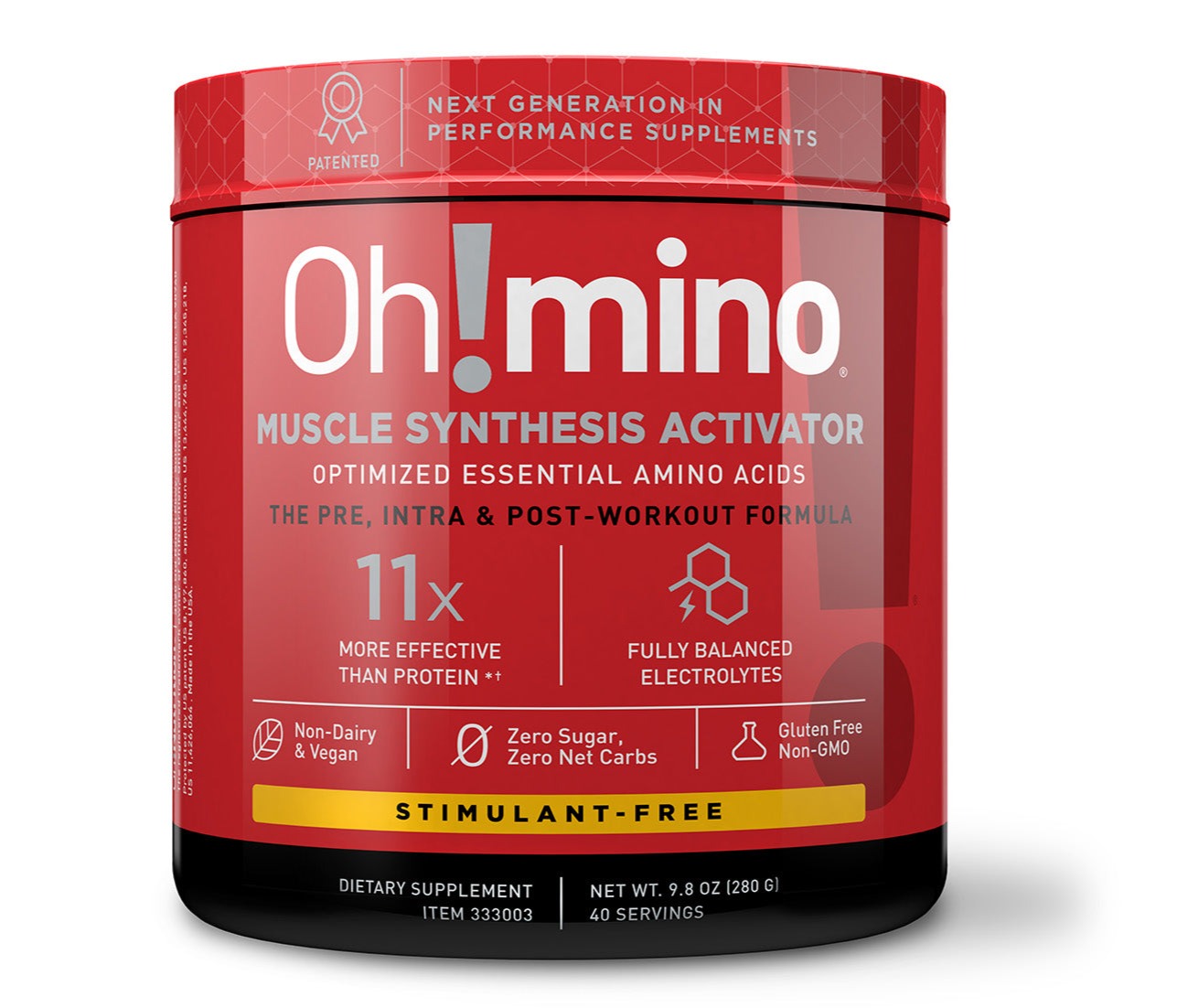Inflammation is a vital part of the body's immune response, but when it goes awry, it can lead to chronic health issues.
It's crucial to differentiate between the acute inflammation that helps us heal and the more sinister, chronic low-grade inflammation that can persist without obvious symptoms.
In this discussion, we explore the causes, effects, and ways to address this subtle yet significant health concern.
What is Low-Grade Inflammation?
Low-grade inflammation is an insidious, systemic response, only detectable through specific biomarkers like C-reactive protein (CRP) in the blood.
It differs from the swollen redness of acute inflammation, as it can persist silently in the background, potentially leading to various health problems.
Identifying the Causes
What causes this condition? Here are some key contributors:
- Diet: Refined sugars, trans fats, and processed foods can trigger inflammatory responses.
- Sedentary Lifestyle: A lack of activity is linked to higher inflammation levels.
- Chronic Stress: Sustained stress can keep the immune system on high alert, causing ongoing inflammation.
- Obesity: Fat cells, particularly around the waist, can release substances that promote inflammation.
- Gut Health: An unbalanced microbiome can lead to a ""leaky gut,"" exacerbating inflammation.
- Environmental Factors: Pollutants and long-term medication use can also play a role.
The Wide-Ranging Effects on the Body
Chronic inflammation quietly impacts various bodily systems:
- Heart Disease: It assists in the formation of arterial plaques, leading to atherosclerosis.
- Diabetes: Inflammation can interfere with insulin, leading to high blood sugar.
- Neurodegenerative Diseases: There's a link between inflammation and diseases like Alzheimer's.
- Mood Disorders: Conditions like depression and anxiety have been connected to inflammation.
- Joint Problems: Persistent inflammation can result in diseases such as osteoarthritis.
- Immune Function: Over time, inflammation can weaken defenses against infections.
Proactive Interventions
Luckily, there are evidence-based strategies we can employ to combat low-grade inflammation:
- Anti-Inflammatory Diet: Emphasize intake of omega-3s, antioxidants, and fibers from sources like fatty fish, nuts, and leafy greens.
- Regular Exercise: Moderate, consistent exercise can lower inflammatory markers.
- Stress Management: Methods like meditation and yoga can significantly reduce stress levels.
- Maintaining a Healthy Weight: Less fat tissue can mean fewer pro-inflammatory chemicals.
- Gut Health Support: Incorporate probiotics and prebiotics through diet or supplements.
- Limiting Harmful Substances: Reducing alcohol and tobacco use can decrease inflammation.
- Medications: As needed, NSAIDs or specific supplements may be advised under medical supervision.
Conclusion:
The invisible threat of low-grade inflammation could be undermining your health.
Recognizing the factors that lead to this state and the resulting consequences allows us to make informed lifestyle adjustments.
By embracing anti-inflammatory habits, we're not just addressing temporary discomfort but paving the way to long-term health.
It's important to remember that these suggestions do not replace professional medical advice, which is paramount when dealing with chronic health conditions.
Stay fit my friend,
Michael
Founder & CEO

